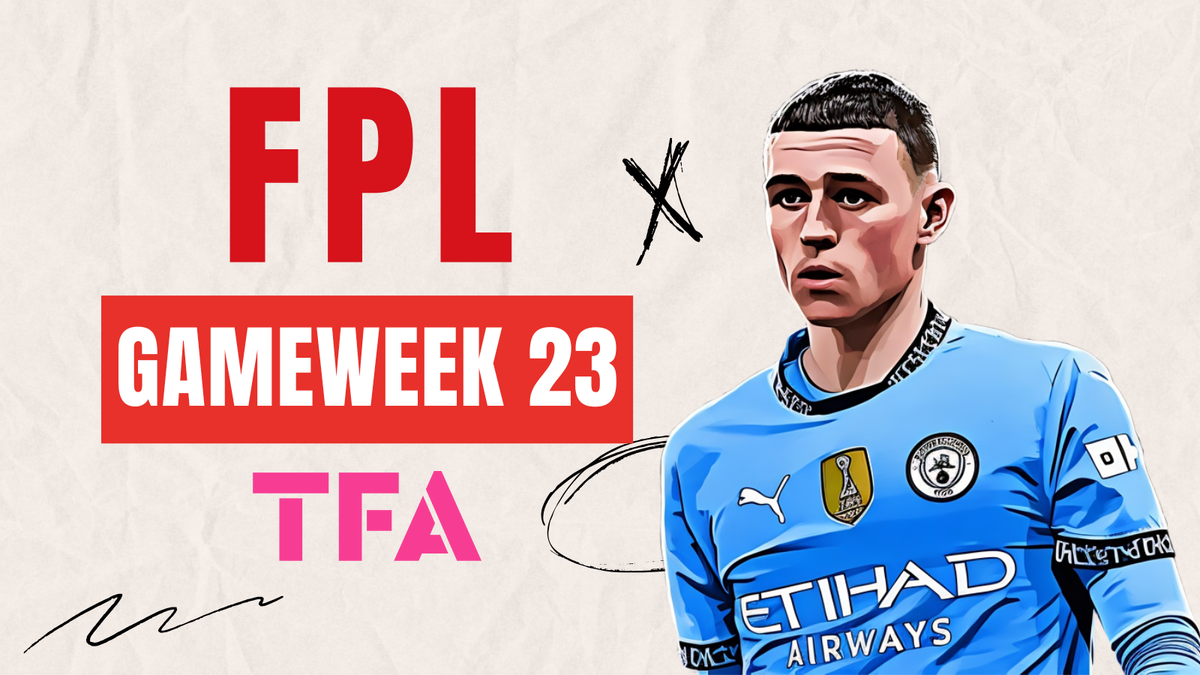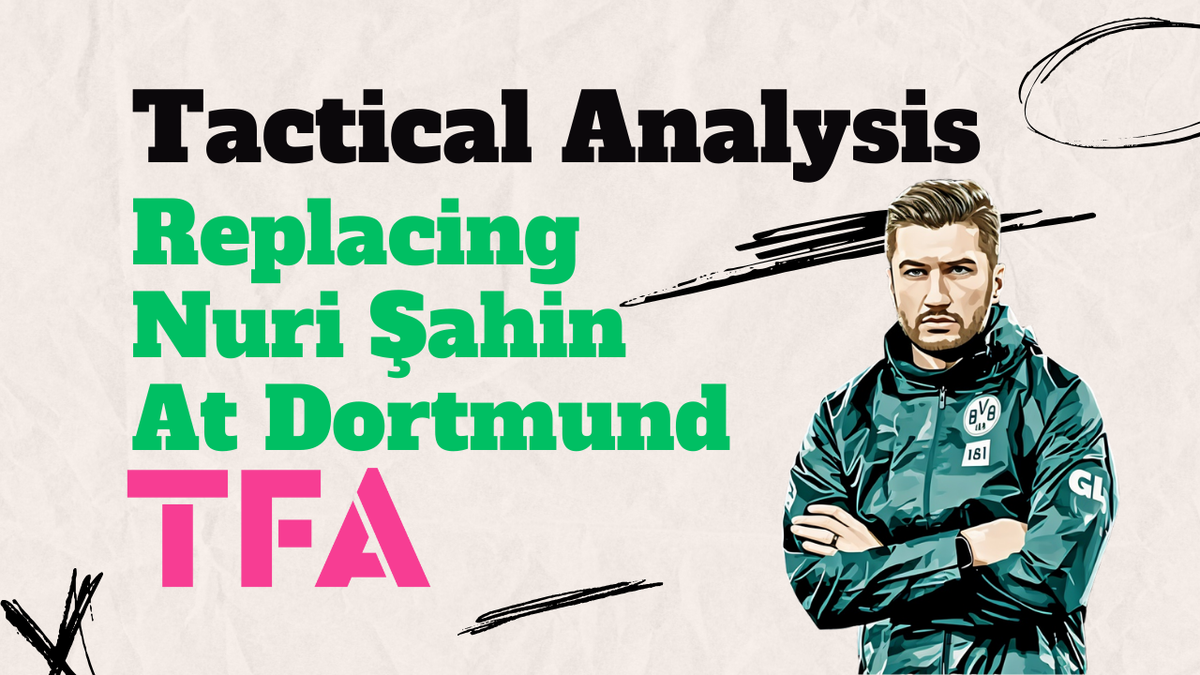Tunisia succeeded in qualifying to the AFCON’s quarter-finals after beating the title favourites, Nigeria, in a match that ended with a 1-0 win for the Carthaginians – who surprised most followers of the competition with a completely different performance than those seen during the group stage matches. Tunisia weren’t able to display their best performances against Mali and Gambia despite winning and convincing in their second group stage match against Mauritania.
Moreover, the team suffered from harsh circumstances and were prevented from the services of numerous key players like Ali Maaloul, Ghaylène Chaalali, Aymen Dahmen, Yoann Touzghar, Dylan Bronn, Naïm Sliti as well as the team’s head coach Mondher Kebaier, the doctor and other staff members. It is sufficient to mention that players like Wahbi Khazri and Issam Jebali travelled and reached the stadium just three hours before the match kick-off following their negative Covid-19 tests to get an idea of the complicated situation that preceded the match.
But despite all these circumstances, Tunisia were still able to put on an excellent performance from different aspects against a tough Nigerian side.
In this tactical analysis article, the focus will be on Tunisia’s defensive performance/tactics and how they were able to stop Nigeria’s dangerous attacking players. In the meantime, the analysis will tackle the attacking aspect, looking at what could have been done better from both sides.
Line-ups
Tunisia were lined-up according to the 4-3-3 formation with Bechir Ben Said as a goalkeeper, Bilel Ifa and Montassar Talbi as centre-backs, with Mohamed Dräger Oussama Haddadi as full-backs. The midfield was composed of Ellyes Skhiri, Aïssa Laïdouni and Anis Ben Slimane while Hamza Rafia and Youssef Msakni played on the wings in support of the striker, Seifeddine Jaziri.
Nigeria started the match using the 4-4-2 formation with Maduka Okoye as a goalkeeper, Serie A and Torino’s Ola Aina, William Troost-Ekong, La Liga and specifically Leganés’ Kenneth Omeruo and Zaidu Sanusi in defence, Wilfred Ndidi and Joe Aribo as central midfielders, Samuel Chukwueze and Ligue 1’s Moses Simon on the wings with former Manchester City’s Kelechi Iheanacho as well as Taiwo Awoniyi as strikers.

Tunisia’s efficient defensive performance
Tunisia were aware of Nigeria’s attacking efficiency and danger and therefore they took all the necessary measures to stop them. Yet, this wasn’t going to be enough if the Tunisian players weren’t fully concentrated especially when marking their opponents. You can see in the following example how Dräger was instructed to keep marking one of Nigeria’s most dangerous players in the tournament so far, Moses Simon, and to not allow him to exploit his acceleration and dribbling skills.

Moreover, Dräger’s marking to Simon wasn’t going to be sufficient if he was not supported by one of Skhiri, Laïdouni or Ben Slimane on each occasion, closing all forward passes’ lanes and obliging Simon to retreat or pass the ball backwards. Such tactics were used to reduce the free space allowed to Nigerian players while keeping in mind that Nigeria usually relies on such individual skills.

As you can see above, a player like Simon often initiates the attack from the wing after finding an unmarked attacking player to do a passing combination with. Then, he relies on his mazing run to surpass his opponents and penetrate towards the penalty box. Such actions were recurrently successful as Simon scored goals using this approach.

Despite the application of strict defensive measures, Nigeria and Simon were still able to create danger with the use of the same pattern. But luckily for Tunisia, this happened too late in the game when Nigerian players looked a bit tired and desperate to score. Moreover, this was the only time in which Simon was allowed the space to do such one-two combinations in the Tunisian final third. But then, Ndidi’s shot went away from the goal.
Tunisia’s two centre-backs Talbi and Ifa were attentive throughout the match by marking Iheanacho and Awoniyi in the best possible way. They were often so close to these strikers especially during crosses or long passes as they anticipated most passing attempts to these players inside the penalty box.

The following picture just shows how crucial Ifa’s interventions were during some actions since Iheanacho was about to score a header following an excellent cross from Chukwueze. Yet, Ifa’s timing of the clearance was perfect, preventing his opponent from touching the ball and saving his team from a concrete goalscoring chance.

Moreover, it should be said that Ifa and Talbi resorted to sliding tackles on several occasions to save the team from dangerous attacking situations. This Italian defensive style helped the team a lot in terms of confidence and psychological advantage as winning such duels with confidence gave the whole team an additional boost and affected their defensive performance positively. As an example, an attacking player like Msakni was seen doing pressing on several occasions during this match, as opposed to his previous performances. Not only that, Msakni’s defensive contribution was effective not just in terms of ball recuperation but also in obliging Alex Iwobi into committing a foul that cost him a red card at a delicate time.

Nigeria and Tunisia’s attacking performances and missed chances
Even though Tunisia’s defensive performance was solid, Nigeria still had some clear goalscoring chances that they weren’t able to exploit successfully. Tunisian players committed a few marking mistakes like the one shown below when Dräger left too much space to Simon and didn’t mark him properly. Therefore, he received a cross on the far post but unfortunately for him and for Nigeria, his control was not good enough and it cost him some precious seconds apart from obliging him to shoot using his weaker foot. Moreover, Ben Said’s quick reaction and save were crucial in this action.

Tunisia had a very similar occasion at the start of the match when Rafia exploited Nigeria’s poor marking on the far post and provided an excellent cross to Talbi who advanced to aim at scoring. However, his finishing was not on point as he missed a clear goalscoring opportunity such as Simon did above.

In addition, Rafia had some dangerous shooting opportunities but his decision-making was not good enough in most of these situations. His lack of experience affected his decision-making timing and therefore he looked hesitant several times. And in this kind of matches, there is no time for thinking twice about decisions. For instance, Rafia was hesitant about shooting in this action, and since he decided to shoot at the last second and didn’t prepare himself nor did he coordinate his body for a shot, it was complicated for his shot to reach the target.

On the contrary, Sliti’s entrance in the second half gave a fresh boost to Tunisia’s attacking performance as the coaching staff saw that the attacking players started to look tired. Sliti was not only fundamental in keeping the ball in the final third but he was also close to scoring after he exploited the space left in front of him and attempted a powerful curled shot that Okoye was able to save miraculously.

That was a similar action to Msakni’s goal that was scored following a completely individual effort from the 31-year-old player who got the ball in Nigeria’s final third, dribbled past his opponent and decided to shoot from distance and with power to not give a chance for the goalkeeper to save it. What helped Msakni as well was that the shot made a slight deviation before reaching the goal, which confused Okoye and had a negative impact on his saving attempt.

Conclusion
In order to resume, Tunisia’s realistic attacking performance and their solid defensive system made the difference in this match. Having an average of 43% shots on target while shooting only seven times when Nigeria had 18% shots on target despite shooting 11 times says a lot about the attacking realism and the compact defensive system that helped Tunisia reduce the danger of Nigeria’s attacks and shots.
Nigeria will try to bounce back soon in the FIFA World Cup qualifiers’ play-offs against Ghana following both teams’ early elimination from the AFCON while Tunisia will aim at beating Burkina Faso on Saturday in order to reach the semi-finals.




Comments